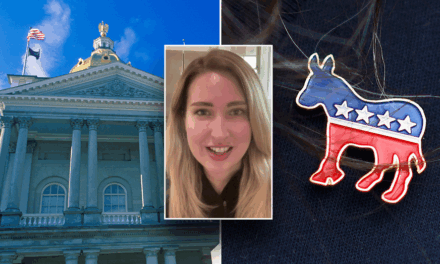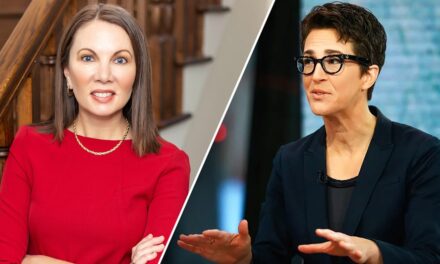The Federal Communications Commission (FCC) is examining potential repercussions for CBS following a contentious edit in a recent “60 Minutes” segment. This review was set off by public backlash and discussions surrounding the integrity and accuracy of the segment.
FCC Commissioner took to various platforms to elucidate the FCC’s stance and potential actions concerning the CBS network. The commissioner highlighted that while the FCC does not directly involve itself with television programming content, it holds networks accountable for their broadcast license agreements. These agreements require adherence to standards ensuring the public’s interest is met.
The focus of the controversy stems from alleged editing that may have altered the context of the interview aired on the renowned news program. Critics argue that the editing misrepresented the narrative, leading to a skewed version of the segment that may have influenced viewers’ perception based on incomplete or biased information.
The FCC’s involvement, as noted by the commissioner, could lead to inquiries on whether CBS violated any aspect of their broadcasting obligations. However, direct penalties from the FCC purely for content editing are unlikely unless the edits breached specific regulatory guidelines intended to protect viewers from misleading or harmful information.
Though the commissioner clarified the limitations of the FCC’s jurisdiction, they emphasized the importance of maintaining public trust in media organizations. The role of the FCC in this context is more of a regulatory watchdog than an enforcer of editorial standards. This distinction is crucial as it lays the groundwork for understanding the likely outcomes of the FCC’s investigation.
The wider implication of this incident is a renewed conversation about editorial responsibility and the ethics of editing in journalism. Media watchdogs and advocacy groups are already leveraging this situation to call for increased transparency in how news segments are produced and edited. Such transparency, they argue, is fundamental for upholding the credibility and integrity of journalism—a field that increasingly faces public scrutiny due to perceived biases and misinformation.
In response, CBS has yet to issue a detailed explanation or apologize for the editing choices made in the segment. The network stands by its editorial processes, asserting their commitment to delivering responsible journalism.
As this case unfolds, it underscores the delicate balance media companies must navigate between editorial decision-making and accountability to the public. The outcome of the FCC’s review could set a precedent for how seriously broadcast networks address concerns over journalistic practices moving forward.
Ultimately, the eyes of the broadcast and journalistic worlds remain tightly fixed on this case, waiting to see not only the FCC’s final decision but also any corresponding actions CBS might take to address the growing skepticism regarding the segment’s content and presentation.
































